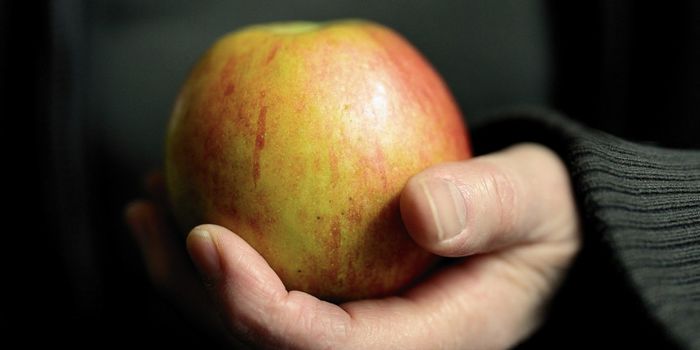Could Next Season's Flu Shots Use mRNA Vaccines?
Traditional flu vaccines contain deactivated copies of the influenza virus. This deactivated virus allows your body to learn to recognize a protein called an antigen on the surface of the virus. Since the virus is deactivated, this learning process occurs without you getting sick. If a person who has been vaccinated against the flu is exposed to the influenza virus after being vaccinated, the body will quickly recognize the infection and fight the flu using antibodies.
The creation of the traditional flu vaccine is a process that begins many months before the anticipated flu season. The U.S. Food and Drug Administration (FDA) makes an educated guess about which flu strains will be dominant in the upcoming flu season and includes them in the vaccine-manufacturing process. Since the dominant strain is impossible to predict with 100% accuracy, the resulting flu vaccine may be more or less effective depending on the year.
mRNA vaccines, which are generally quicker to develop and manufacture, work a little differently. mRNA vaccines provide the genetic material for your body to make the antigen protein directly. Just like a traditional flu vaccine, the body then creates antibodies in response to the antigen proteins.
Recently, the biotechnology company Moderna announced that they began dosing participants with an mRNA influenza vaccine as part of a Phase 3 study of vaccine candidate mRNA-1010. The company expects to enroll 6,000 participants in total in this study.
Stéphane Bancel, Chief Executive Officer of Moderna, says that “we believe our mRNA platform, with the flexibility and speed of our manufacturing process, is well-positioned to address the significant unmet need in seasonal flu.”
Moderna also notes that in the future they could develop an mRNA vaccine that combines the seasonal flu with a SARS-CoV-2 booster. Since a phase 3 clinical trial typically lasts for 1 to 4 years, it’s possible that we could see mRNA flu vaccines within just a few flu seasons.
Sources: Cedars-Sinai Medical Center, Healthline, Moderna








